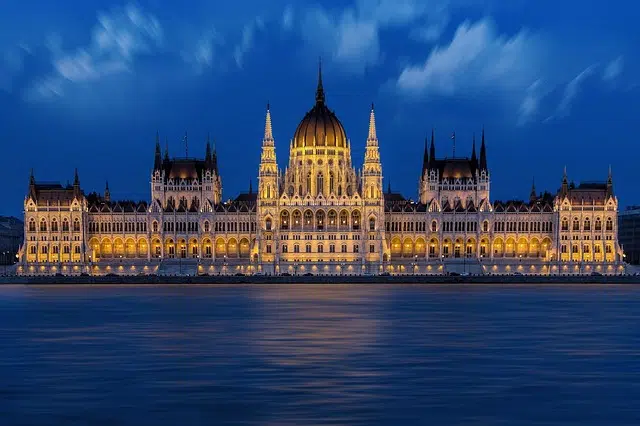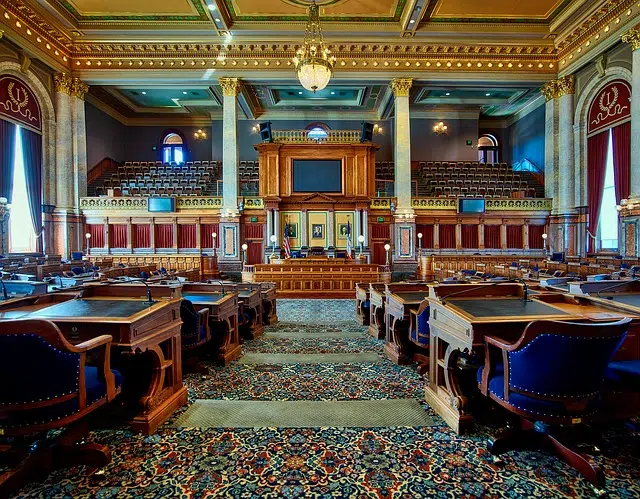
Legal norms are drawn up in Parliament.
Parliament is the legislative assembly or chamber , whether provincial or national. Written with an initial capital letter, Parliament is the place or building where this institution has its headquarters.
States with a parliamentary system have their constitutional body in parliament, which is made up of representatives chosen by the people through elections, who have the mission of expressing the popular will through the development of legal norms and integration between the various institutions. of the State.
Function of parliament
It can be said, therefore, that the function of parliament is similar to that of congress , although this is typical of the presidential system and exhibits a more defined separation between the Legislative Branch and the Executive Branch .
The origin of the concept of parliament is found in the French parlement which, in turn, derives from parler ( "to speak" ). That is why the notion of parliament is also used to name the speech or talk . For example: “The singer's speech was interrupted by the shouts of the public” , “The lawyer fainted in the middle of the speech he was holding with his peers” , “The leader gave a moving speech to the thousands of attendees” .
As an institution, therefore, parliament is linked to the meetings that representatives of the nobility, the clergy and the cities held in ancient times. These parliaments were convened by the king to discuss the imposition of duties and taxes.
The legislative assemblies of the United Kingdom , France , Belgium and Ireland are some of which, today, are known as parliaments.

It can be said that a parliament is a legislative chamber.
Guarantees granted by the democratic system
Democratic systems recognize parliament four fundamental guarantees:
* inviolability : this is absolute immunity, which means that it cannot be attacked or raided by legal means. In other words, there is no authority or person that can interfere with your actions. Likewise, the immunity of headquarters is contemplated, which prevents unauthorized entry to the building in which this constitutional body is located;
* regulatory autonomy : they can define their own rules to govern their operation, both at a general and individual level;
* functional autonomy : only the Presidents and officials of a parliament can exercise the administration of its resources and its rules;
* budgetary autonomy : parliament is free to approve its budgets, for which it can use public funds.
Common features of parliaments
In all democratic states, despite the differences they may present among themselves, parliaments share a series of general features, which can be seen in their nature as well as in their functions.
With respect to the nature of parliament, it is possible to point out two constant characteristics in all cases:
* Its members are elected through free, universal, secret and direct suffrage of all its members. In cases in which the parliament is made up of two or more Chambers, at least one of them must cast the votes, and is usually called the Lower Chamber and is elected based on the principle of multi-member proportional scrutiny (the percentage of votes received has an impact on the number of seats assigned to them);
* They are fully autonomous in that they are in charge of their own regulation, and resolve on their own the budgetary and hierarchical organization issues of their members.
On the other hand, the following four characteristics of parliaments also coincide from the point of view of their functions:
* they prepare and approve the Laws ;
* they elect the members of the Executive Branch, or carry out control of their actions;
* They are responsible for guiding public policy and the decisions made by the State;
* make up other constitutional bodies.
